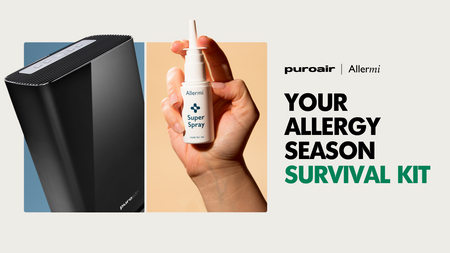Overview:
This multicenter, prospective, randomized, open-label study assessed the long-term safety of intranasal triamcinolone acetonide (TAA) aqueous spray in patients with perennial allergic rhinitis (PAR). The primary focus was on nasal mucosal integrity over six months of treatment.
The Takeaways:
-
Patients using 220 micrograms/day of triamcinolone for six months showed no histological or endoscopic evidence of damage to nasal tissue.
-
Nasal mucosal thickness, appearance, and mucociliary function remained unchanged compared to control groups (oral cetirizine or intranasal beclomethasone).
-
No atrophy of the nasal mucosa or impairment in mucociliary clearance was observed.
-
The incidence of adverse events was low, with no significant differences between groups, confirming a favorable safety profile.
Why It Matters:
This study provides important reassurance about the local safety of long-term intranasal corticosteroid use. While corticosteroids are effective for controlling inflammation in allergic rhinitis, concerns about potential mucosal damage exist with prolonged use. This research demonstrates that triamcinolone is safe for extended use, with no impact on nasal tissue health or mucociliary function.
The Link to Allermi:
Allermi includes triamcinolone in its custom nasal spray formulations for patients with persistent, year-round allergies. This study strengthens the case for using triamcinolone in long-term treatment strategies—proving it maintains nasal tissue health while offering sustained symptom relief. Allermi’s evidence-based approach emphasizes both efficacy and long-term safety, ensuring patients benefit from science-backed, well-tolerated therapies.
For more details, refer to the full study: Local safety of intranasal triamcinolone acetonide: clinical and histological aspects of nasal mucosa in the long-term treatment of perennial allergic rhinitis








